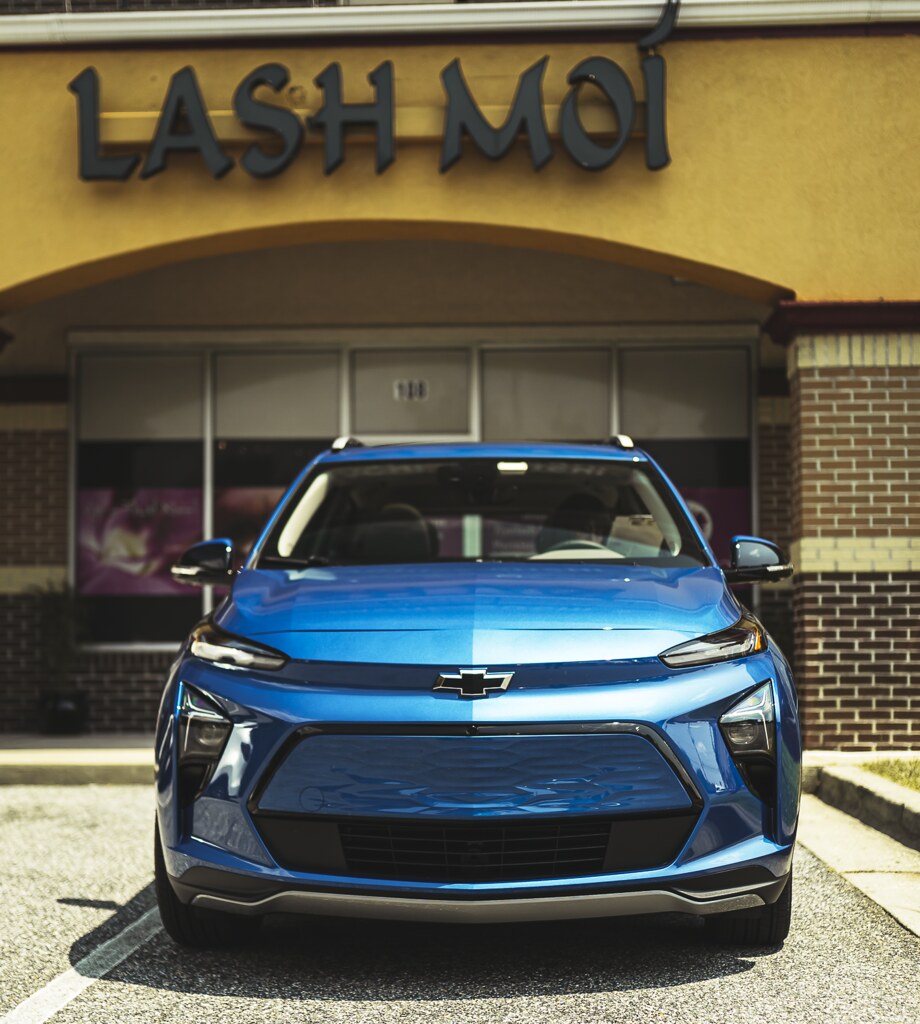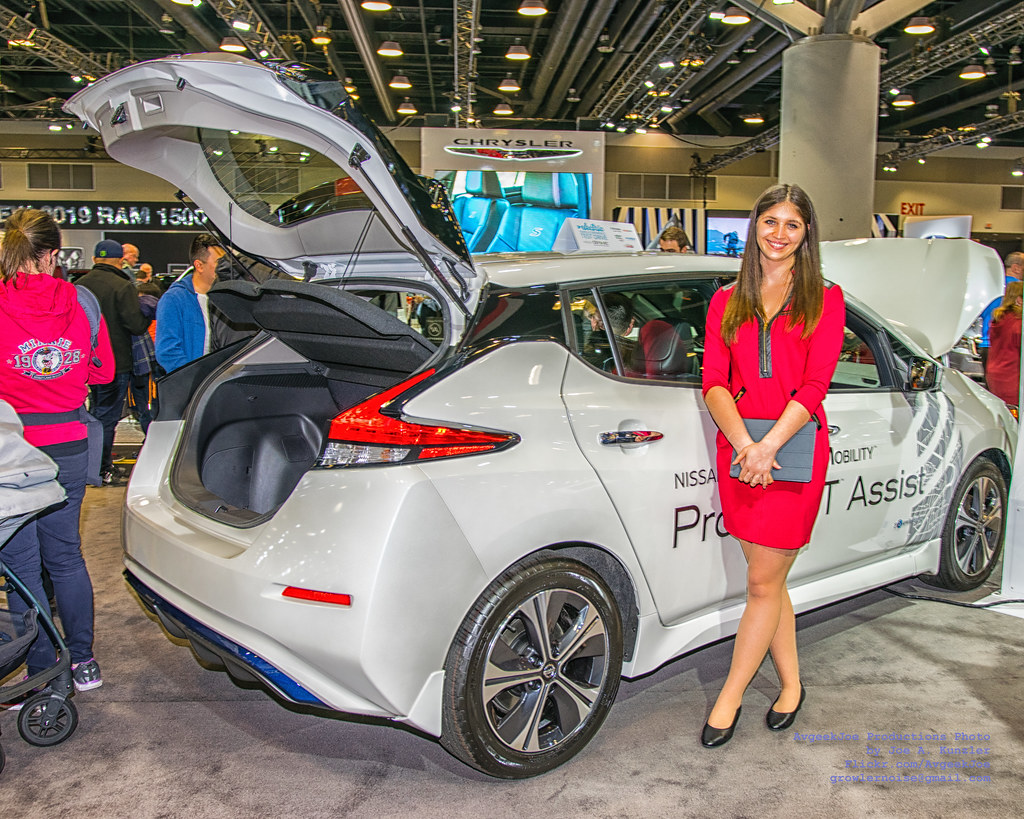Electric vehicles (EVs) are no longer a niche choice for tech lovers or environmentalists. In 2025, EVs are mainstream—and more affordable than ever. While government incentives can shave thousands off the price tag, it’s important to know which EVs are the lowest-priced upfront, even without any rebates or tax credits.
Whether you’re looking to cut fuel costs, make your first EV purchase, or just find a low-maintenance commuter car, these five budget-friendly electric vehicles are worth a close look.
What Counts as “Cheap” for EVs in 2025?
Even with battery costs dropping, EVs remain more expensive than gas cars at the entry level. For this list, we looked at:
- MSRP under $36,000 with no rebates or tax incentives
- Must be a fully electric (BEV) vehicle — no hybrids
- Must be available for purchase in the U.S. in 2025
Let’s dive into the most affordable EVs this year.
🔌 1. Chevrolet Bolt EV (2025)

MSRP: $27,995
Pros:
- One of the most affordable EVs on the market
- 259 miles of range
- Spacious hatchback design with decent cargo room
Cons:
- Older platform, lacks advanced driver assistance features
- Slower DC fast charging speeds
Best For: Commuters and city dwellers who want value over flash.
⚡ 2. Nissan Leaf S (2025)

MSRP: $28,140
Pros:
- Easy to drive, intuitive interface
- Standard driver-assist tech (ProPILOT Assist available)
- Proven reliability in the EV space
Cons:
- Outdated CHAdeMO charging standard
- Only 149 miles of range on the base trim
Best For: Short-distance commuters or drivers with access to home charging.
🚙 3. Mini Electric Hardtop 2 Door (2025)

MSRP: $30,900
Pros:
- Sporty handling, classic Mini design
- Fun and zippy around town
- Well-built interior for the price
Cons:
- Just 114 miles of range
- Very limited rear seat and cargo space
Best For: Urban drivers who want style and agility over long range.
🛻 4. Fiat 500e (2025 Re-Release)

MSRP: $32,500
Pros:
- Ultra-compact and ideal for tight city parking
- Premium interior feel
- European charm in an affordable package
Cons:
- Range just 149 miles
- Not ideal for highway driving
Best For: Eco-conscious drivers in dense cities like L.A., SF, or NYC.
🚗 5. Hyundai Kona Electric SE (2025)

MSRP: $34,950
Pros:
- 261-mile range
- Excellent warranty coverage
- Sleek crossover style with roomy interior
Cons:
- Pricier than others on this list
- Lower trims lack some features found in competitors
Best For: Buyers who want great range with modern looks and daily usability.
Comparison Table
| Model | MSRP (No Incentives) | Range (mi) | Charging Port | Pros | Cons |
|---|---|---|---|---|---|
| Chevrolet Bolt EV | $27,995 | 259 | CCS | Affordable, roomy, great range | Slow charging, aging tech |
| Nissan Leaf S | $28,140 | 149 | CHAdeMO | Reliable, driver assists | Outdated charging, low range |
| Mini Electric Hardtop | $30,900 | 114 | CCS | Stylish, sporty | Tiny back seat, short range |
| Fiat 500e (2025) | $32,500 | 149 | CCS | City-friendly, sleek design | Limited range, cramped rear |
| Hyundai Kona Electric | $34,950 | 261 | CCS | Long range, great warranty | Higher price, base trim lacking |
What About Rebates and Incentives?
While federal and state incentives can take $3,750–$7,500 or more off these prices, this list shows you what to expect before any deals, tax credits, or clean vehicle rebates.
It’s the raw sticker price—so you know what the car costs without depending on eligibility or paperwork.
FAQs
1. Is it better to buy new or used for electric cars?
Used EVs can be a great deal, especially for older models like the Leaf or Bolt. However, check battery health, range degradation, and whether they qualify for any tax incentives (some used EVs do). A new EV comes with full warranty and the latest battery tech.
2. Can I take a road trip with these budget EVs?
It depends on the model. The Chevy Bolt and Hyundai Kona Electric offer over 250 miles of range and CCS fast charging, which makes them road-trip capable. But models like the Mini or Fiat 500e are better suited for urban use due to their shorter ranges.
3. Are maintenance costs lower for electric cars?
Yes. EVs require less maintenance than gas cars—no oil changes, fewer moving parts, and less brake wear (thanks to regenerative braking). You’ll mostly need to monitor tires, wipers, cabin filters, and battery health.
Final Thoughts
If you’re shopping for a new electric car in 2025 and want to skip the fine print of incentives, these five options represent the true lowest-cost EVs available today.
For best range and value: go with the Chevy Bolt or Hyundai Kona Electric.
For the city crowd: the Mini Electric or Fiat 500e bring fun and efficiency.
And if you want tried-and-true reliability: the Nissan Leaf still holds its ground.
No rebates. No fluff. Just the most affordable ways to go electric this year.
Let’s Talk Cars
Have a question? A suggestion? Just want to say hi?
You’re in the right place.
Use the form below to reach out to the AutoSpecs Daily team. We're happy to hear from readers, car lovers, first-time buyers, and anyone who's got something to share.
What can you contact us about?
- Feedback on one of our articles
- Ideas for new topics you'd like us to cover
- Questions about cars, gear, or general auto advice
- Media, partnership, or brand inquiries
- Anything else that's on your mind
We check every message that comes through and do our best to respond within 2 to 3 business days.
We don’t list an email address here to avoid spam, but the contact form is the best and fastest way to reach us.
Thanks for stopping by. We're glad you're here.

